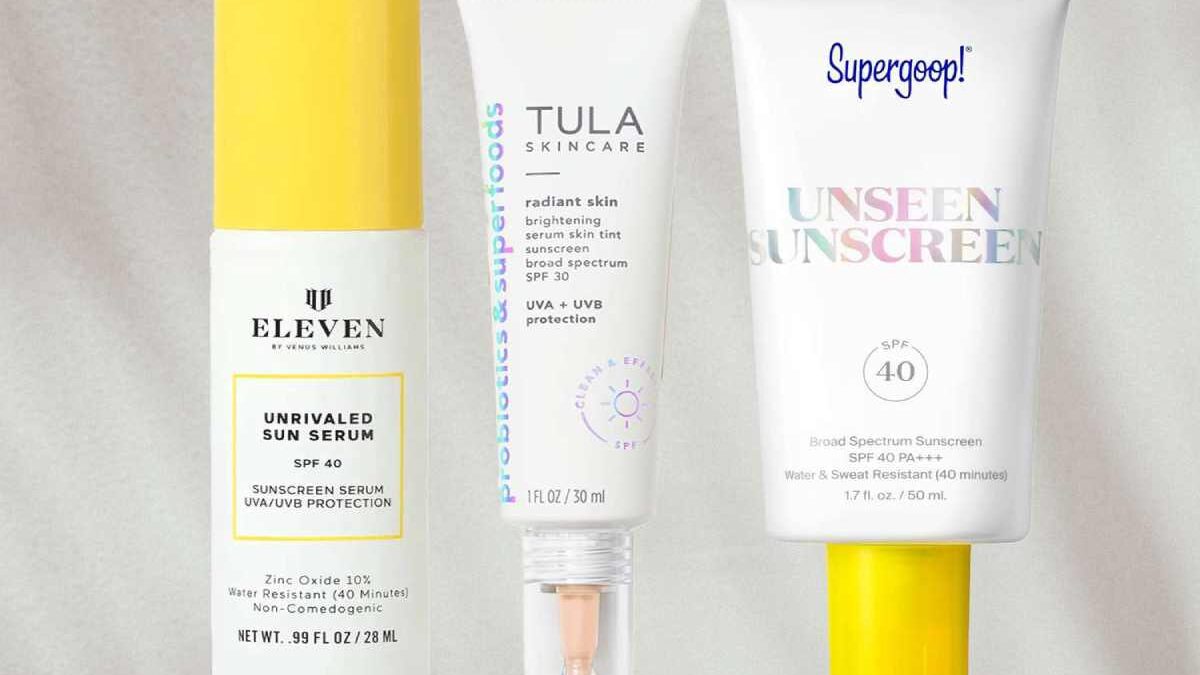Best Sunscreen Recommended by Dermatologists in India
Table of Contents
Why Sunscreen Matters in India
India’s intense sun exposure and high UV index make sunscreen an essential part of daily skincare. With rising concerns about skin cancer, hyperpigmentation, and premature aging, dermatologists emphasize the importance of choosing the right sunscreen for Indian skin types and climate conditions.
Key Factors in Choosing Sunscreen
SPF Rating
Dermatologists recommend using sunscreens with SPF 30-50 for daily use in India. While higher SPF numbers exist, the additional protection they offer is minimal, and they may give users a false sense of security about sun exposure duration.
Broad-Spectrum Protection
Look for sunscreens that offer broad-spectrum protection against both UVA and UVB rays. UVA rays cause premature aging, while UVB rays are responsible for sunburns and can increase skin cancer risk.
Formulation Type
Indian dermatologists typically recommend different formulations based on skin type:
– Gel-based sunscreens for oily and acne-prone skin
– Lotion or cream-based formulations for dry skin
– Matte-finish sunscreens for combination skin
Top Dermatologist-Recommended Sunscreens in India
For Oily and Acne-Prone Skin
La Shield Sunscreen Gel SPF 40 is highly recommended for its lightweight, non-comedogenic formula. Dermatologists praise its matte finish and ability to prevent acne breakouts while providing adequate sun protection.
IPCA Acne UV Gel receives consistent recommendations for its oil-free formula and additional acne-fighting ingredients.
For Dry to Normal Skin
Episoft AC Sunscreen is frequently recommended for its moisturizing properties while maintaining effective broad-spectrum protection. Its gentle formula makes it suitable for sensitive skin as well.
Photostable Gold Sunscreen is praised for its stable formulation and excellent protection against both UVA and UVB rays, making it ideal for extended sun exposure.
For Sensitive Skin
Bioderma Photoderm MAX Cream comes highly recommended for sensitive skin due to its minimal ingredient list and effective protection. Dermatologists appreciate its non-irritating formula.
Application Guidelines and Tips
Proper Application Amount
Dermatologists emphasize using approximately 2-3 fingers length of sunscreen for the face and neck. For full-body application, about 30-35 ml is recommended.
Reapplication Schedule
Even the best sunscreens need reapplication every 2-3 hours, especially in India’s tropical climate. After swimming or excessive sweating, immediate reapplication is necessary.
Special Considerations for Indian Climate
Monsoon Protection
Contrary to popular belief, dermatologists stress the importance of sunscreen even during monsoon season, as UV rays can penetrate clouds and cause damage.
Summer Intensification
During peak summer months, dermatologists recommend combining sunscreen with physical protection methods like umbrellas and protective clothing.
Cost-Effective Options
Dermatologists acknowledge that high-quality sun protection shouldn’t break the bank. Several Indian pharmaceutical brands offer effective sunscreens at reasonable prices, including:
– RE’EQUIL Ultra Matte Dry Touch Sunscreen
– Neutrogena Ultra Sheer Dry Touch Sunscreen
– SunBan Ultra Sunscreen
Conclusion of Best Sunscreen Recommended by Dermatologists in India
Indian dermatologists emphasize that the best sunscreen is one that you’ll use consistently. While specific product recommendations may vary based on individual skin types and concerns, the key is choosing a broad-spectrum sunscreen with adequate SPF that suits your skin type and lifestyle needs.
Regular sunscreen use, combined with proper application techniques and timing, forms the cornerstone of effective sun protection in India’s challenging climate conditions. A consulting dermatologist can provide personalized recommendations based on specific skin concerns and needs.

